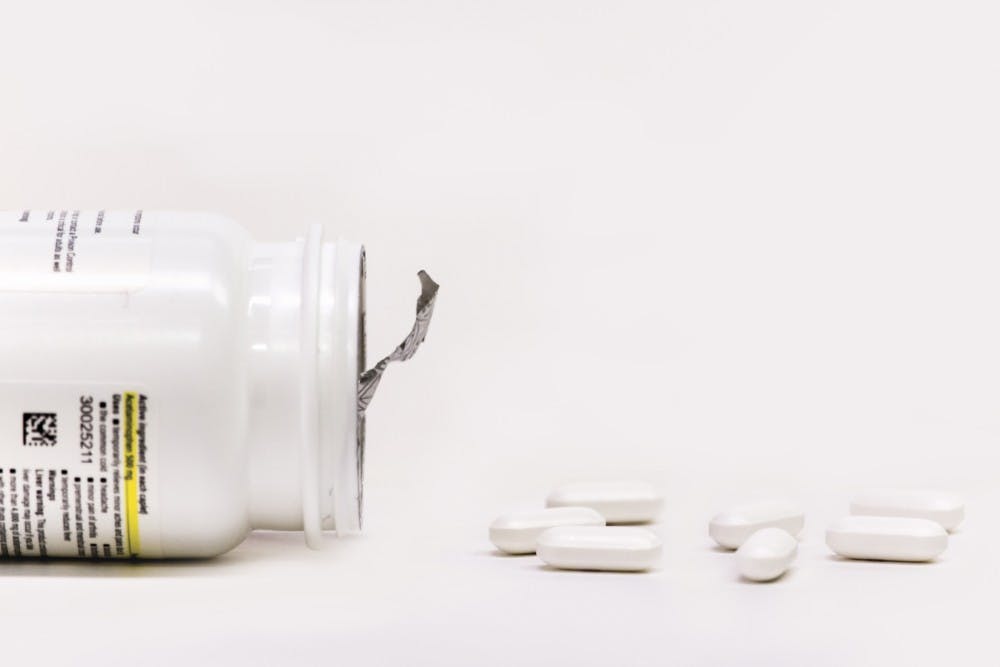Penn researchers may have cracked the code to cocaine addiction.
Psychiatry professors Matthew Hayes and Heath Schmidt and Nursing assistant professor Bart De Jonghe, have recently found that a drug typically used to treat obesity can be used to treat cocaine addiction.
Hayes had previously done a study that showed that when a drug derived from glucagon-like peptide-1 — a hormone that regulates feeding behavior — was directly infused into the brain of rats, it reduced the rats’ intake of palatable food but had no effect on their intake of normal foods. Looking at the connection between eating pleasurable foods and taking drugs of abuse, the trio theorized that a connection in treatments could be made.
“Palatable” foods — common in Western diets— can be thought of as foods high in sugars and fats that people tend to overconsume, compared to “normal” foods like salad. When people eat foods high in sugars and fats, circuits in the brain that regulate reward mechanisms increase the brain’s levels of dopamine — a neurotransmitter that encodes for pleasure and increases when people perform activities like eating good food, socializing and sex.
“The way that drugs of abuse work, like cocaine, is that they hijack the dopamine systems in the brain and cause a huge release of dopamine,” Schmidt said. “Really rewarding foods sources like fats and sugars act on the part of the brain that increases dopamine signaling. Drugs of abuse do the same thing. So theoretically, anything that regulates this system should affect both drug taking and intake of highly palatable foods.”
In a near three-year study, the team found that when the GLP-1-based drug Byetta was introduced into the brain of rats, the rats self-administered less of cocaine similar to how both people and rats reduced their consumption of palatable foods in the presence of the compound present in the drug.
Currently, there are no FDA approved pharmacokinetic therapies for cocaine addiction. However, the compound the trio studied already has FDA approval and is currently used in treating diabetic and obese patients. This lends it an advantage in paving the way for new treatments for drug abuse as well.
Although the team’s lab exclusively focuses on preclinical trials in animal models, in the future they would like to expand their research to clinical trials in humans.
“We hope to establish collaborations with addiction labs that do work with human cocaine addicts and be able to do a first patch screen to see whether or not these compounds are efficacious for the treatment of cocaine addiction,” Schmidt said. “And hopefully in the future we can set up a collaboration to potentially look at this compound in humans.”









